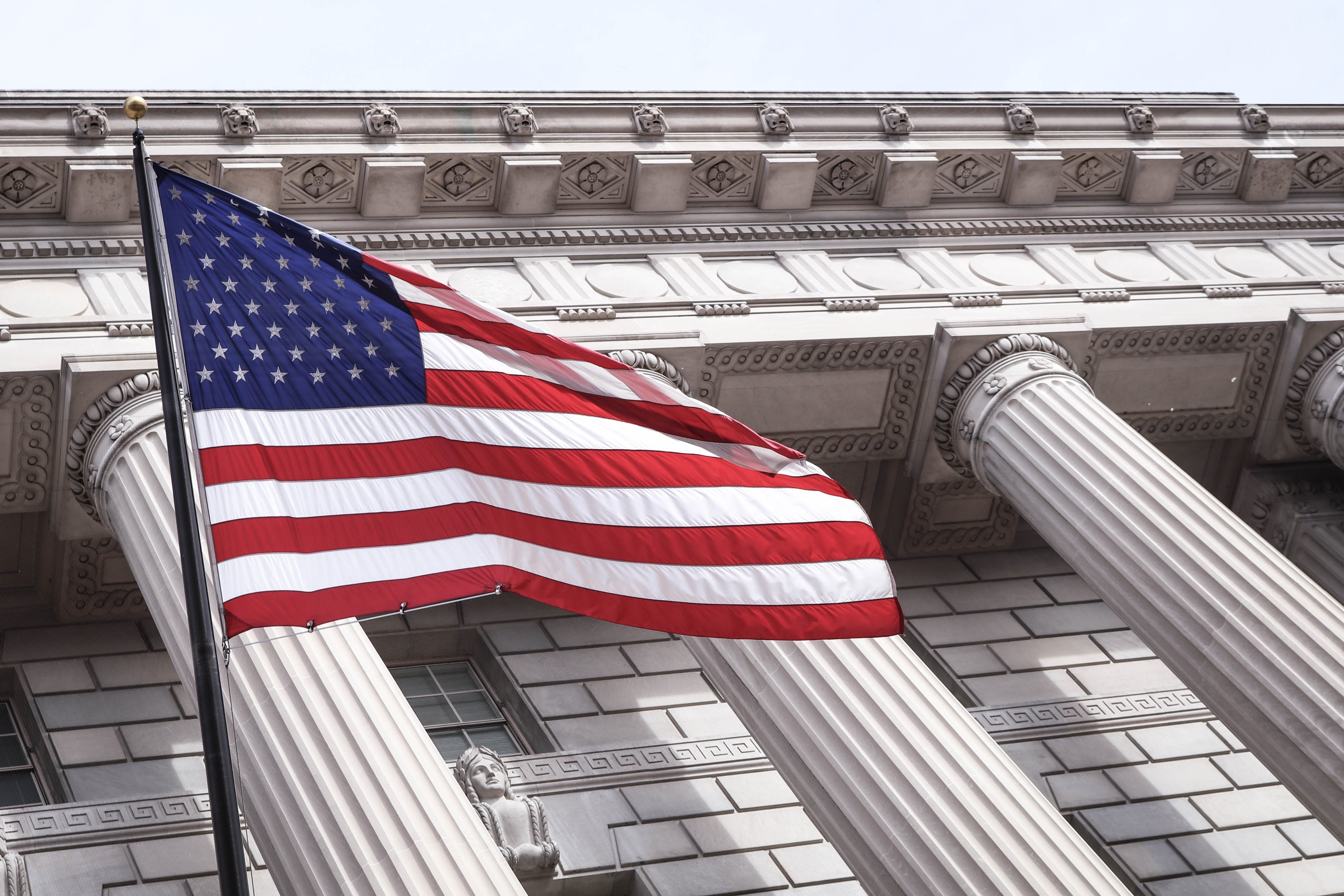Appeals Court Rules Christian Prayer in Michigan County Meetings Constitutional
The U.S. Court of Appeals for the Sixth Circuit recently ruled that elected public board commissioners in Jackson County, Michigan, were not violating members’ constitutional rights by opening the ceremony with a Christian prayer and asking attendees to join. Jackson County was sued by Peter Bormuth, a pagan, who said he’s being forced to follow Christian practice in order to participate in government. He became offended after he began attending county commissioner meetings in 2013 to discuss environmental issues. Bormuth has stated since that his views will likely cost him leadership roles on certain county committees and boards. The appeals court ruled that legislative prayer is part of the country’s traditions and the plaintiff failed to meet his burden of proof for the First Amendment claim.
Judge Griffin wrote the majority, stating, “Bormuth has to show he was offended by the Christian nature of the Board’s prayers. But ‘[o]ffense…does not equate to coercion…The solemn and respectful-in-tone prayers demonstrate the commissioners permissibly seek guidance to make good decisions that will be best for generations to come and express well-wishes to military and community members.” Judge Jeffrey Sutton joined in the majority, asking blatantly, “Who is coercing whom under that approach? And what are we establishing?” Sutton added that prayers are a “petition by the individual, not the state or city. And that’s the way most people perceive them given our long history of permitting such invocations.”

It was a 9-6 decision and comes after a July ruling in Virginia that said a similar case was unconstitutional. In dissent, Judge Karen Nelson Moore claimed while there is “no doubt” that some prayer traditions are constitutional, commissioners in this particular case went too far. “The commissioners — and only the commissioners — are responsible for the prayers’ content,” Moore said. “And because in Jackson County the prayer content is exclusively Christian, by delivering the prayers, the commissioners are effectively endorsing a specific religion, Christianity.” She said that community members should have been offered the option of delivering non-Christian statements of beliefs as well.
The controversial decision of the appeals court may mean the case is taken to the U.S. Supreme Court, although the Court also ruled in 2014 that the practice of opening town meetings with a prayer is constitutional. In the opinion by Justice Anthony Kennedy three years ago, the court ruled that ceremonial prayer specifically does not violate The Establishment Clause of the First Amendment, which bars the US government from making any law regarding the establishment of religion.
Kennedy stated, “Ceremonial prayer is but a recognition that, since this Nation was founded and until the present day, many Americans deem that their own existence must be understood by precepts far beyond the authority of government to alter or define and that willing participation in civic affairs can be consistent with a brief acknowledgment of their belief in a higher power, always with due respect for those who adhere to other beliefs. The prayer…has a permissible ceremonial purpose. It is not an unconstitutional establishment of religion.”
Sources:
Michigan county wins court challenge over Christian prayers
Appeals court says prayers at Jackson County meetings are illegal


Join the conversation!